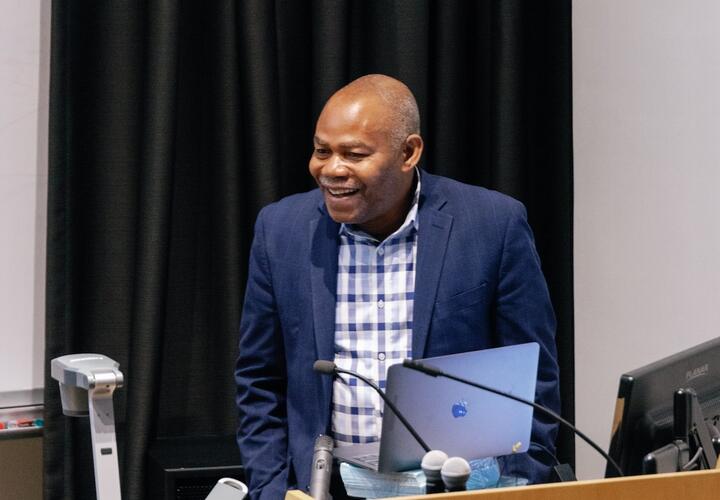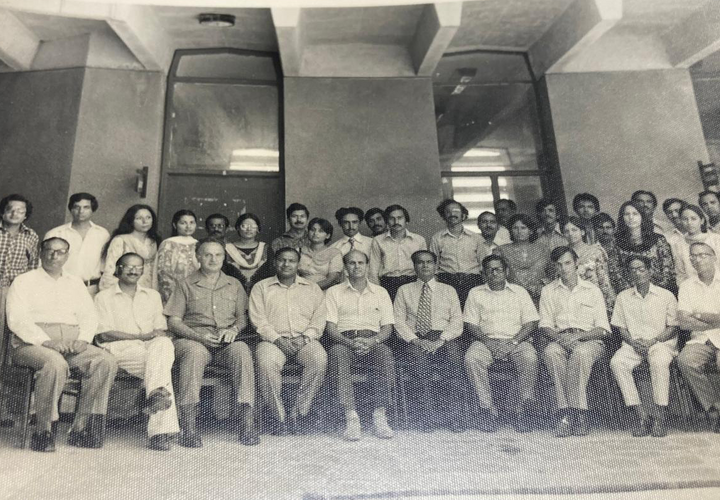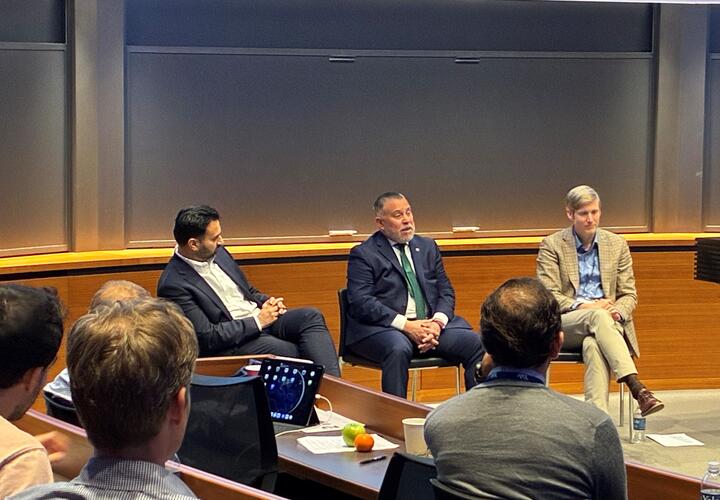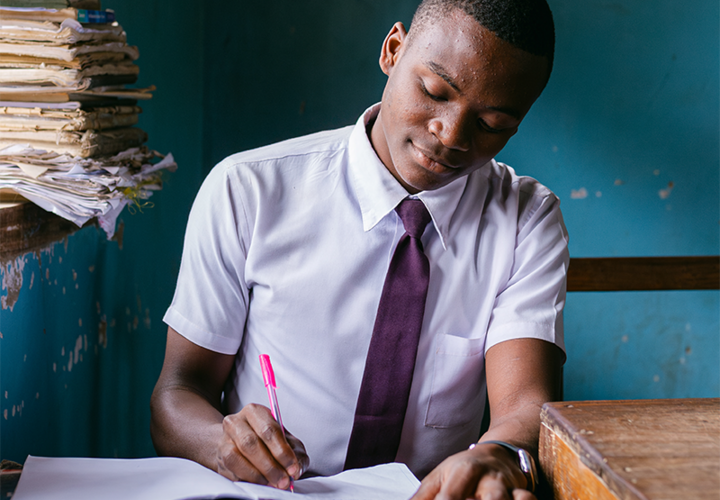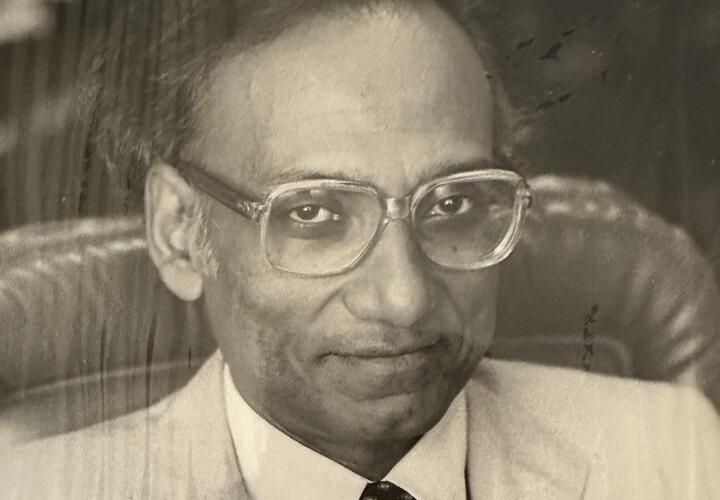News Item
… EGC Affiliates’ Research on Latin America and the Caribbean … in Oxford Open Economics Supplement … June 16, 2025 | News EGC Affiliates’ Research on Latin America and the … of public services . Read the supplement here . Learn more about LACIR Latin America and Caribbean Inequality Review …
Relevance: 48.68755




